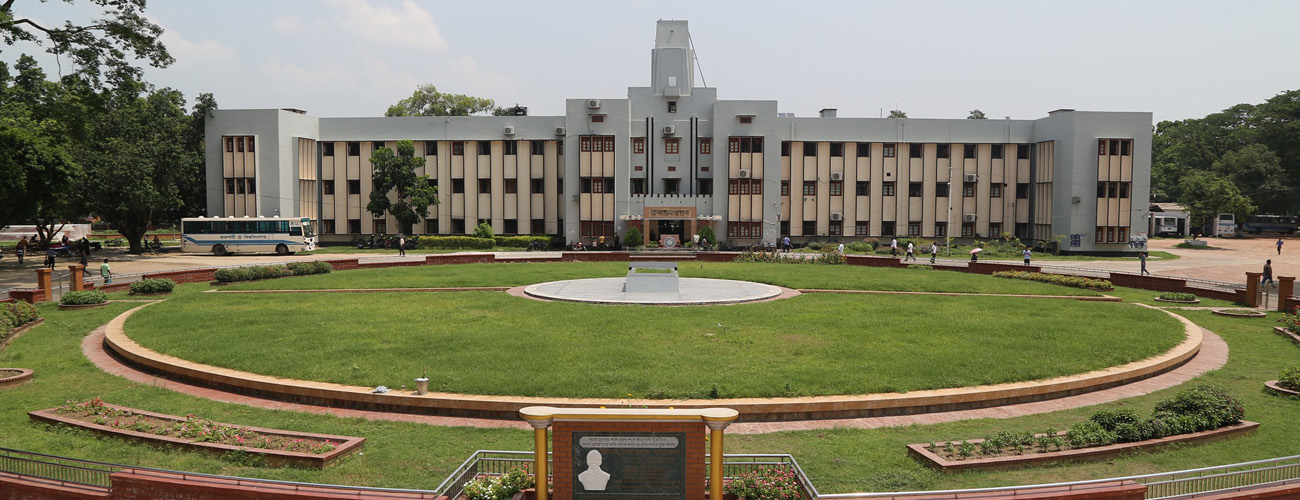About CSIS
About CSIS
About csis
The Centre for Social Innovation and Sustainability (CSIS) of the University of Rajshahi is a research centre which aims to address present social issues and possibilities in Bangladesh while drawing on the experiences of other nations in the Global South. Social and sustainability-related problem-solving activities throughout the world, including Bangladesh, necessitate interdisciplinary knowledge and practices. It denotes the need for a collection of specific branches of knowledge in this respect. In this regard, a number of teachers of the Faculty of Social Science formed this centre under the supervision of the Faculty of Social Science of Rajshahi University in the year of 2021.
It deals with social issues from a multidisciplinary viewpoint. It plays a key role in enhancing the quality of education since it has been emphasized that quality education must have a strong relationship between theoretical and practical knowledge.
Legal Affiliation
The centre was approved at the 507th Syndicate meeting on October 20, 2021, as recommended by decision 35 of the 105th meeting of the Faculty of Social Science on September 16, 2021 and decision 87 of the 254th Academic Council on September 30, 2021.
Vision
Innovate the process of creating and disseminating new knowledge for translating social and sustainability related planning into practice.
Mission
- Ensure the training of future researchers (faculty members and students) in social and sustainability related issues;
- Increase innovation through the development of new tools, techniques and methods of social inquiry and service delivery;
- Accelerate the advancement of knowledge to promote social innovation and sustainable development; and,
- Align excellence in research with mission of the Faculty of Social Science and the University of Rajshahi.
Objectives
- To conduct social research on various societal issues and prospects, including innovations;
- To offer capacity development services for teachers, students, and supporting staffs by organizing short-courses, seminars, workshops, and professional trainings;
- To create and disseminate new knowledge about inclusiveness, peace and sustainability;
- To promote innovations regarding social services;
- To form collaborative partnerships with organizations at the local, national, and international levels;
- To engage in social and policy level advocacy.

